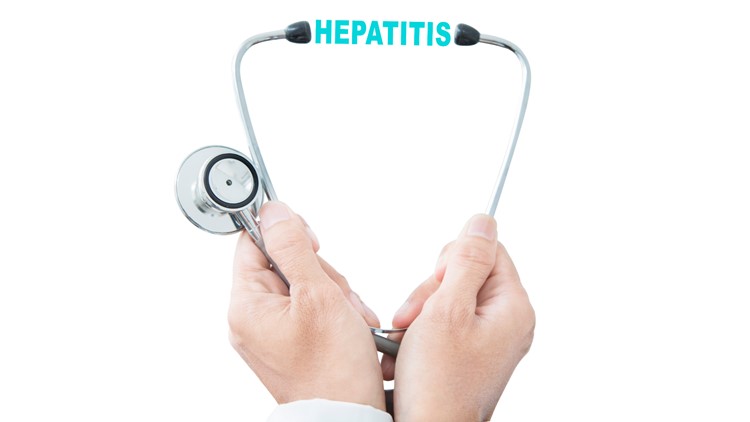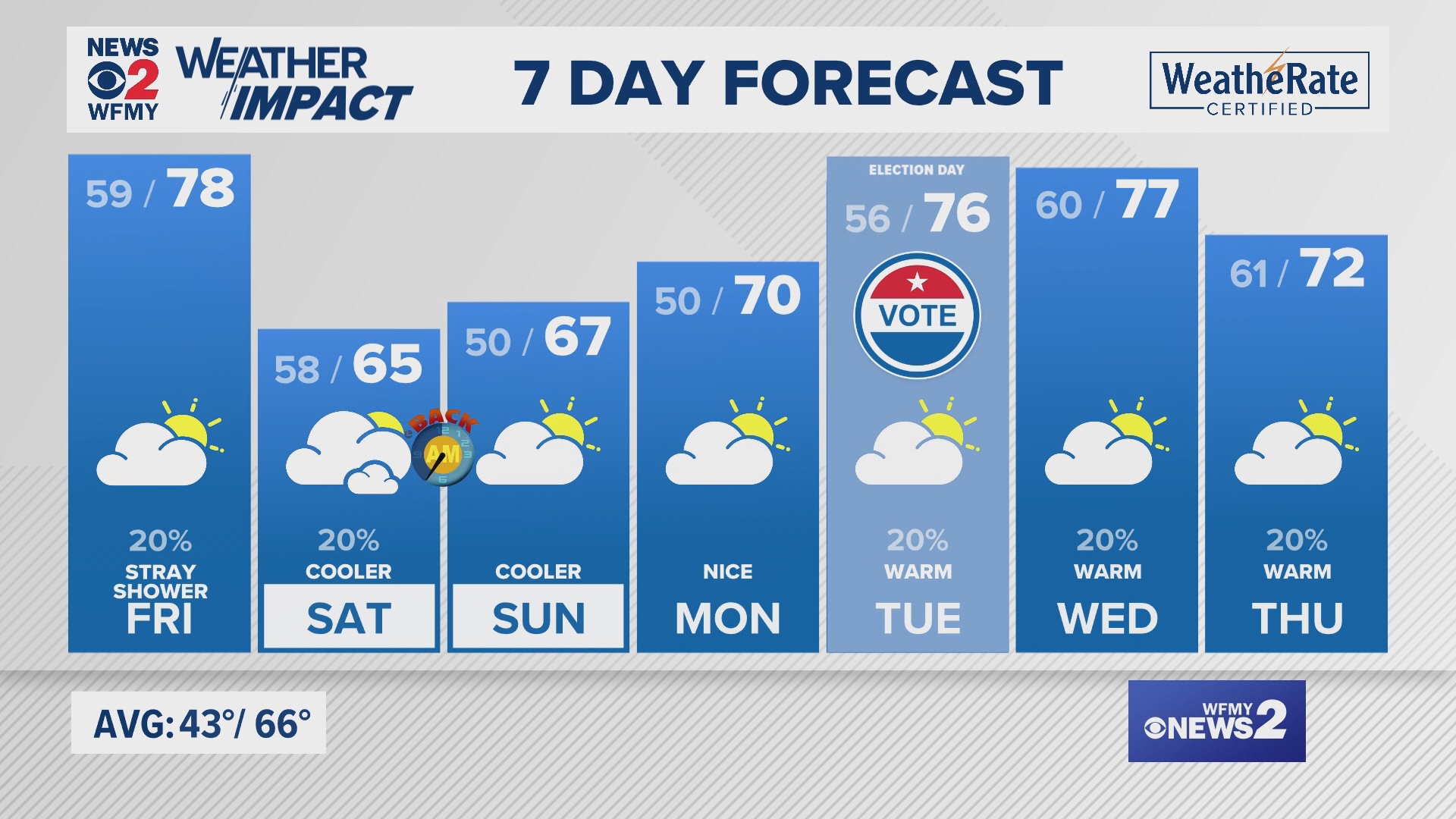RALEIGH, N.C. — TerL Gleason used injected drugs in the 1980s. Years later, the 57-year-old from Greensboro, North Carolina started feeling sick, fatigued, and foggy. When he went to the doctor in 2000, he was shocked to find out that he was infected with hepatitis C.
His situation is not unique. An increasing number of North Carolinians live with hepatitis c, many of whom are unaware they're infected. In response to a dramatic statewide spike in hepatitis C infections fueled by the opioid crisis, North Carolina launched a multimillion-dollar initiative on Thursday to fight the virus.
The initiative seeks to increase access to hepatitis C screenings and treatment. It is funded by California-based biotech company Gilead Sciences and is partnering with local health care providers and the Harm Reduction Coalition which advocates for health services for drug users.
The HepConnect launch in Raleigh followed launches in Kentucky, Tennessee, West Virginia and Indiana, which also saw increased infections, concentrated more in their younger drug-abusing populations, according to Jill Foster, a senior director for Gilead Sciences.
"We started doing routine health care screenings in these five states ... we started going to more Appalachian rural regions and started finding a lot of hepatitis C, much much more than we expected," she said.
The state's health department estimates 110,000 people in North Carolina live with hepatitis C and that in 2017, 186 people were newly diagnosed with hepatitis C, a roughly fivefold increase from a decade earlier.
The virus can spread through sharing needles and can cause severe liver damage, or death. In 2016, the most recent year that data is available, 511 people died in North Carolina due to hepatitis C-related causes.
Hepatitis C is especially deadly when it goes undetected and virus symptoms often don't show up for years.
Because Gleason's hepatitis C infection was undetected for so long, he developed a late-stage liver scarring condition called cirrhosis and required more expensive, stronger medicine to cure him of the virus, which he finally received in February 2015. Now, Gleason said he no longer feels chronically tired or sick.
"Hepatitis C is very contagious so there was a lot of just feeling like I was contaminated," he said. "It was such a miracle that there was a cure."
Democratic Rep. Gale Adcock spoke at the event and later said the initiative is just one step in addressing problems caused by the opioid epidemic. She said the state has just "scratched the surface" of what it can do to help.
"Our state still has half a million people who don't have health insurance and we need to address that," she said, adding, "you can't get screened and diagnosed if you don't have some way to pay for it usually, you certainly can't get treated for hepatitis C if you don't have the money for the medication."
She also said she wants to break down stigmas around drug use, which can prevent people from seeking treatment. Adcock supports the idea of needle exchanges to help prevent diseases that spread through dirty needles.
"People who use drugs, they're our friends, they're our neighbors, they're us," she said.



